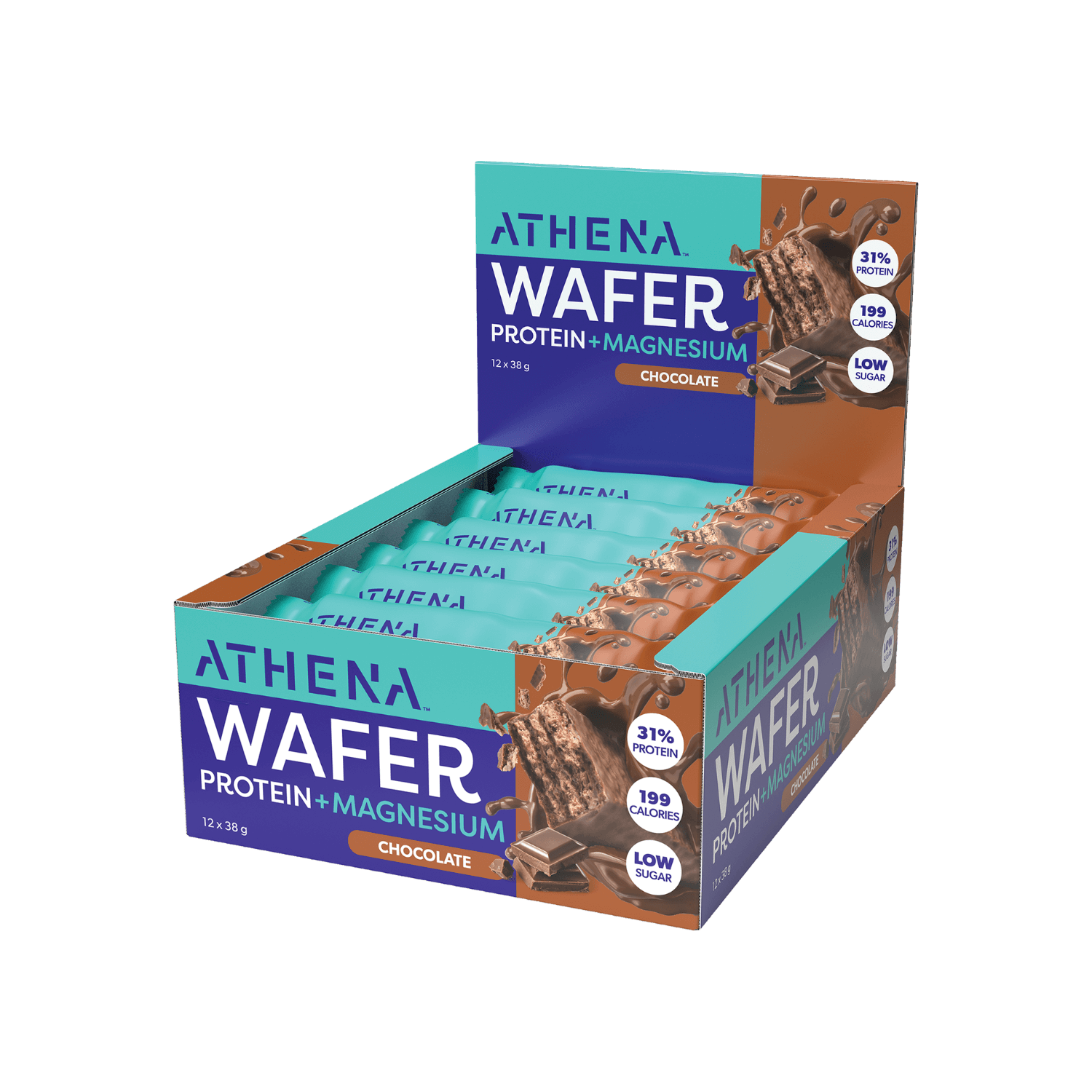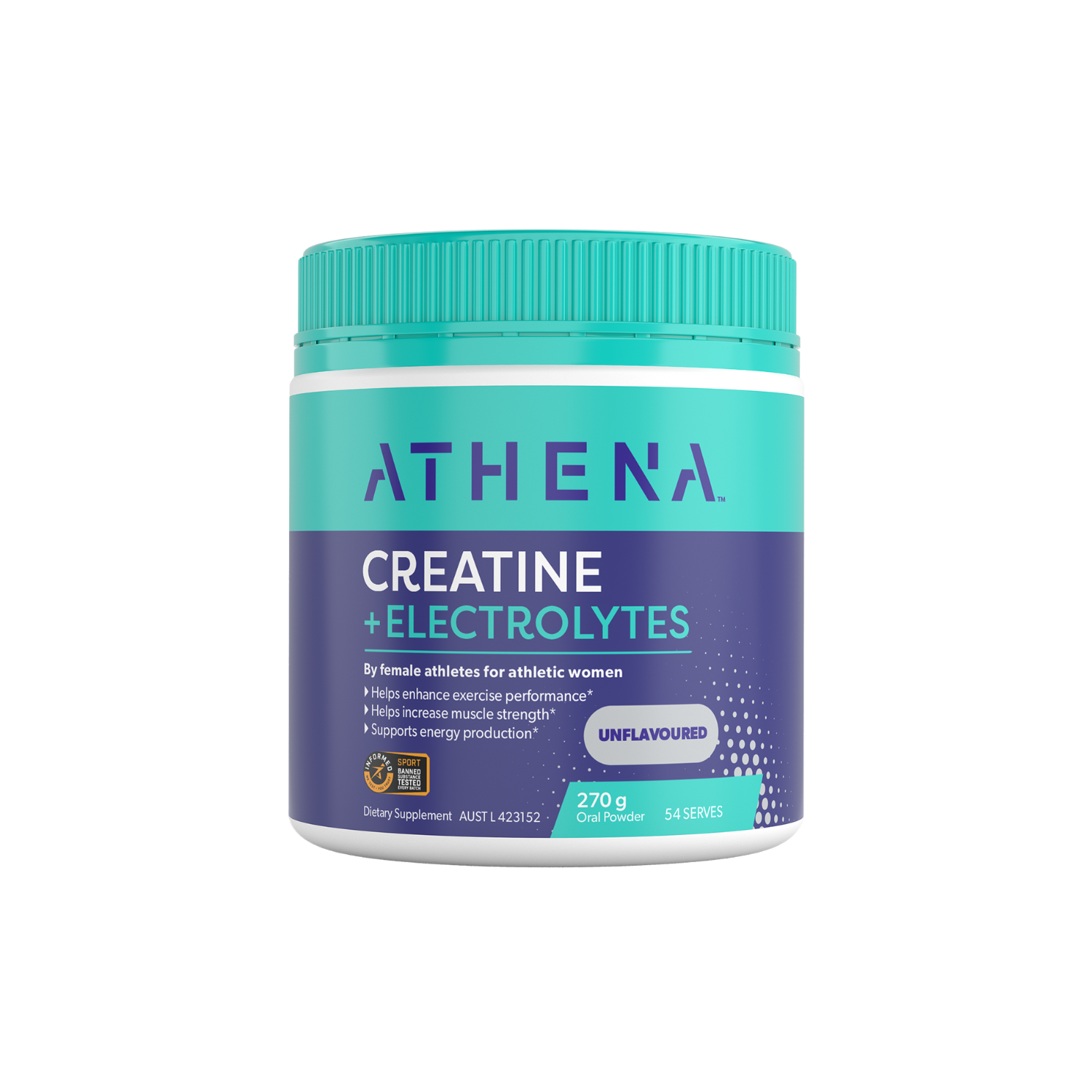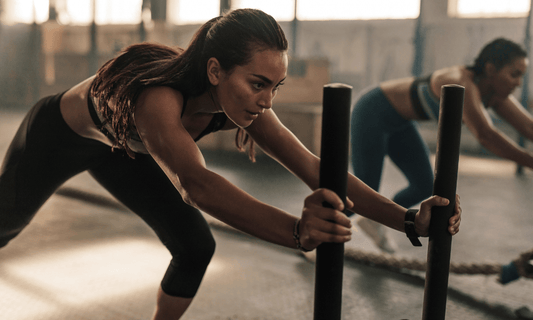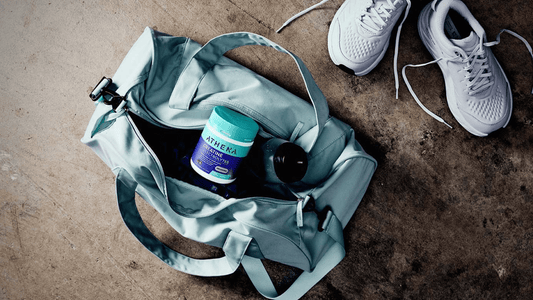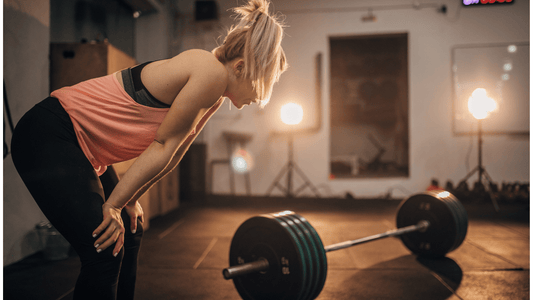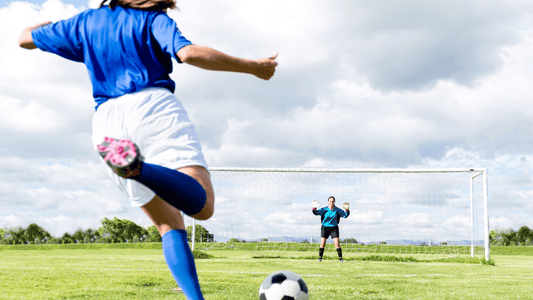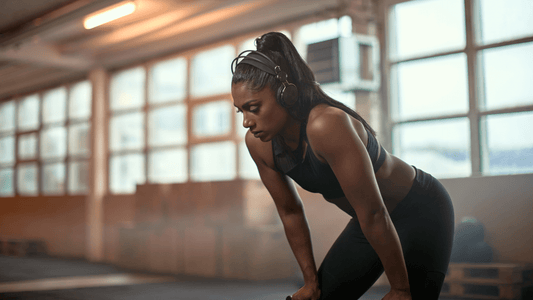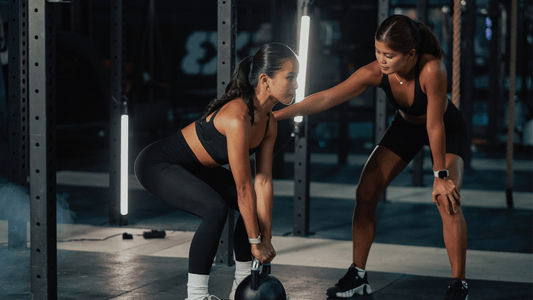Like you would take your sneakers or towel to the gym, having protein around your training times is just as important as being ready to train or getting your form right.
When you are training, you are putting your muscles under stress and pressure to make them more resilient and to become fiercer with every session you do. To be able to achieve this, it is best to have protein directly after training to support your muscles, to feel less sore, and to make that session worthwhile and beneficial.
It is important to think about how to hit your daily target for protein, but it is equally as important to think about the timing of when you have protein around training and over a whole day. If you don’t consume protein or have anything to eat after you train and wait to the next meal then you might find your appetite ramp up when you do eat, feel like you just can’t get full, get sweet cravings late at night or feel sore. These are signs the body didn’t have what it needed when you finished training.
Having protein as soon as you can after you have finished training provides the body with nutrients to mend and repair muscle damage done in training, so you don’t end up feeling sore and so your body is ready to train again and be in a good place at your next training session.
How much protein do I need?
Females may have a smaller stature and total muscle mass compared to males and therefore have a smaller total protein requirement than men. However, the timing of protein delivery with a portion size of 15-25g per serve in frequent meals and snacks over the day is an integral step in building strength, managing appetite, and improving metabolism.
A guide to protein requirements per day
| Group | Protein intake (g/kg/day) |
| Sedentary | 0.8g per kg of bodyweight |
| Lightly Active | 1.0g per kg of bodyweight |
| Active or Pregnant | 1.3g per kg of bodyweight |
| Very Active | 1.6g per kg of bodyweight |
Protein can be found in a range of food, mostly from animal products like meats, dairy and eggs, or if that’s not for you it’s also in plant-based foods like tofu, legumes and some grains and nuts. If eating a meal isn’t something you can do right after your workout, then a protein shake or protein water can provide a convenient and lower calorie way to get the ideal amount of protein for recovery as soon as possible after training.
Building lean muscle takes time. Having protein regularly from food or protein powder won’t lead directly to a large muscle bulk, but it will help repair and build lean muscle mass which will help to improve metabolism and continue to burn calories even after your workout. It is also important to have protein in regular snacks to allow adequate protein delivery while also managing total energy requirements over the whole day. A meal or snack 2 to 3 hours post training will require another protein serve.





